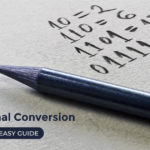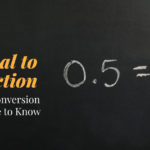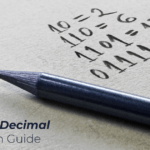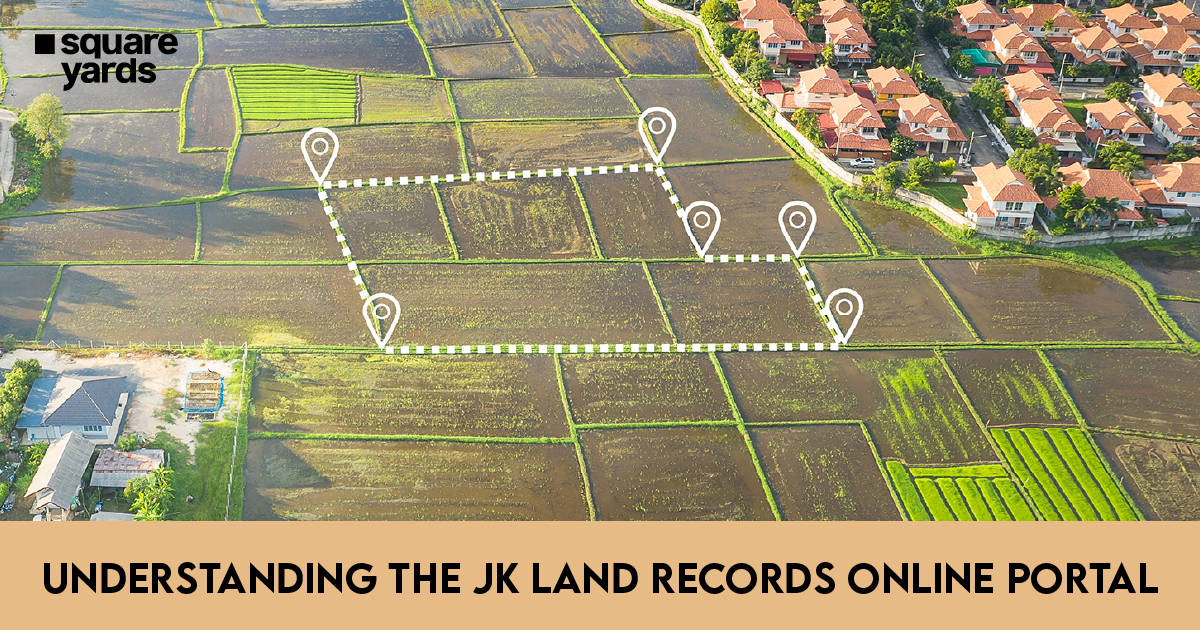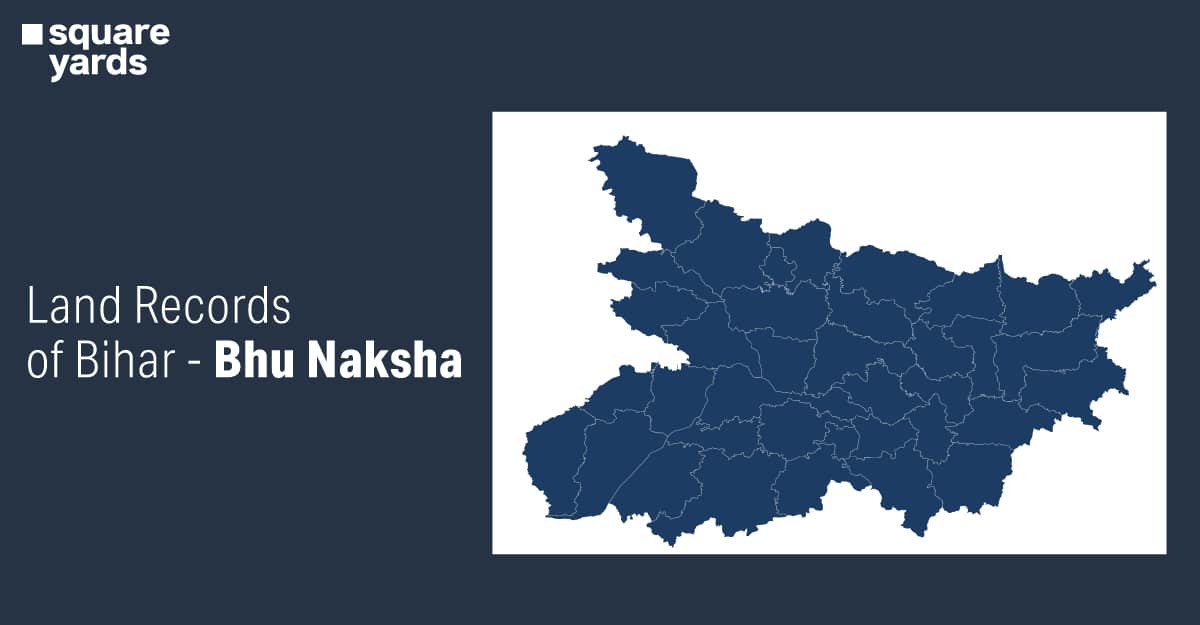The two most commonly used mass measurement units under the English Measurement System are pounds and ounces. The ounce is a smaller unit of weight that is more suitable for measuring smaller quantities of objects. This is why masses in pounds are often converted to ounces for ease of measurement. Depending on the size and type of object measured, converting pounds to ounces allows for easy comparison of weights. This enables individuals to express weights in a more convenient and appropriate unit of measurement. Some of the other common units of measurement of mass are gram, kilogram, milligram, tonne, and quintal. Before we talk about how to convert 1 lb to 1 oz, let us learn about the origin and use of Pounds and Ounces.
Table of contents
Pounds – An Overview
A pound is a unit of avoirdupois weight that equals 16 ounces, 7,000 grains, or 0.45359237 kg; and 1 pound in ounces of troy weight equals 12 ounces, 5,760 grains, or 0.732417216 kg. The term “lb” is derived from the word “libra,” which was the Roman counterpart to the current pound.
Use of Pounds
The pound is a widely adopted unit for measuring the mass or weight of various objects, including humans. In countries like the United States, pounds are commonly used to measure items such as bags of rice, flour, meat, packaged foods, and more. This unit of measurement offers a standardised approach to weight measurement that is widely accepted.
Origin of Pounds
During medieval times in England, various forms of libra (a unit of weight) were competing for acceptance. The Tower pound was one of the earliest versions, named after the Royal Mint located in the Tower of London, where its standard was kept.
It was used to measure precious metals and pharmaceuticals and weighed 5,400 grains or 0.350 kg, while the mercantile pound weighed 6,750 grains or 0.437 kg. The troy pound, believed to have originated in Troyes, France, replaced the Tower pound as the standard for gold and silver in 1527. As trade with France increased, the 16-ounce avoirdupois pound was replaced by the mercantile pound in the 16th century.
Ounce: An Overview
An ounce is a unit of weight equivalent to 1/16 pound (437 1/2 grains) in the avoirdupois system and 480 grains, or 1/12 pound, in the troy and apothecaries’ systems. A troy and apothecaries’ ounce weighs 31.103 grams, but an avoirdupois ounce weighs 28.35 grams. In short, 1lb to oz equals 16 ounces, and vice versa is 1/16 pound.
Use of an Ounce
Gold, silver, platinum, and other precious metals are frequently measured in ounces. Little objects like jewellery, spices, and plants are frequently measured in ounces. It is frequently employed to calculate the volume of liquids like juice, milk, or water. Ounces are usually employed for measuring components like wheat, sugar, or butter in recipes. Recipes from the US, the UK, and other nations that utilise the imperial measuring system frequently contain this information.
Origin of Ounces
The Roman Empire first used the ounce as a weight unit, defined as one-twelfth of a Roman pound. Later, the Byzantine Empire adopted this unit, and during the Middle Ages, it spread throughout Europe. In medieval Europe, different types of ounces were used depending on the region and the item being weighed.
For instance, the troy ounce, which was developed during the Middle Ages and based on the weight of a barleycorn, was utilised for measuring precious metals such as gold and silver. On the other hand, the avoirdupois ounce, which originated in England in the 14th century, was initially defined as the weight of one ounce of silver. This ounce served as the standard unit of weight in England and its colonies and was employed to measure commodities like wool, grain, and spices.
Correlation between Pounds and Ounces
Pounds and Ounces are used to measure a body’s mass, and both belong to the imperial system of measurement. The pound is the larger of the two units, although both have historically been used for different purposes. While pounds are used to measure fruits, vegetables, and, curiously enough, the mass of humans, ounces are used to measure precious metals and spices as they are needed in smaller quantities. 1 Pound in ounces is equal to 16 Ounces. This means a pound is heavier than an ounce.
How to convert Pounds to Ounces?
Converting lbs to ounces is extremely simple. All you need to do is multiply Pounds in figures by 16. In other words, we can say that 1 Pound in Ounces 16 Ounces.
Pounds to Ounces Conversion: Formula and Examples
The formula to convert Pounds to Ounces is as follows:
Ounces = Pounds x 16
For further clarity, here are some examples showing how to use the formula:
Convert 10 Pounds to Ounces:
10 x 16 = 160
Therefore, 10 Pounds is equal to 160 Ounces.
Convert 25 Pounds to Ounces:
25 x 16 = 400
Therefore, 25 Pounds is equal to 400 Ounces.
Convert 50 Pounds to Ounces:
50 x 16 = 800
Therefore, 50 Pounds is equal to 800 Ounces.
Convert 75 Pounds to Ounces:
75 x 16 = 1200
Therefore, 75 Pounds is equal to 1200 Ounces.
Convert 100 Pounds to Ounces:
100 x 16 = 1600
Therefore, 100 Pounds is equal to 160 Ounces.
Convert 250 Pounds to Ounces:
250 x 16 = 4000
Therefore, 250 Pounds is equal to 4000 Ounces.
Convert 500 Pounds to Ounces:
500 x 16 = 8000
Therefore, 500 Pounds is equal to 8000 Ounces.
Convert 1000 Pounds to Ounces:
1000 x 16 = 16000
Therefore, 1000 Pounds is equal to 16000 Ounces.
Convert 1250 Pounds to Ounces:
1250 x 16 = 20000
Therefore, 1250 Pounds is equal to 20000 Ounces.
Convert 2000 Pounds to Ounces:
2000 x 16 = 32000
Therefore, 2000 Pounds is equal to 32000 Ounces.
Pounds to Ounces Conversion Table
| Pounds[lb] | Ounces[oz] |
| 1 Ib | 16 oz |
| 2 Ibs | 32 oz |
| 3 lbs | 48 oz |
| 4 lbs | 64 oz |
| 5 lbs | 80 oz |
| 6 lbs | 96 oz |
| 7 lbs | 112 oz |
| 8 lbs | 128 oz |
| 9 lbs | 144 oz |
| 10 lbs | 160 oz |
| 11 lbs | 176 oz |
| 12 lbs | 192 oz |
| 13 lbs | 208 oz |
| 14 lbs | 224 oz |
| 15 lbs | 240 oz |
| 16 lbs | 256 oz |
| 17 lbs | 272 oz |
| 18 lbs | 288 oz |
| 19 lbs | 304 oz |
| 20 lbs | 320 oz |
Points of Difference between Pounds and Ounces
There exist a few differences between Pounds and Ounces. The table below explains the points in brief.
| Pounds | Ounces | |
| Represented by | A pound is abbreviated as lb or lbs. | An ounce is abbreviated as oz. |
| Origin | The Latin word ‘Poundus’. | The Latin word ‘Uncia’. |
| Conversion | 1 lb = 16 oz | 1 oz = 0.0625 lb |
| Used for | Measuring larger quantities. | Measuring smaller quantities. |
| Value in grams | 453.59237 | 28.3495231 |
Conclusion
The Pounds to Ounces conversion is convenient to know in day-to-day life. It aids the unit conversion needed for daily activities, from cooking to shopping. Cooking requires a small number of ingredients, and it is more convenient for people to use ounces instead of pounds while buying things like spices and other food products for cooking so this conversion may come in handy. By understanding the history, uses, and conversion methods of pounds and ounces, we can appreciate the importance of these units of measurement in our daily lives.
You may also like:
FAQ’s about Pounds to Ounces
Q1. Do 16 ounces equal 1 pound?
Yes, that is correct. 16 ounces is indeed equal to 1 pound.
Q2. Is 8 oz the same as 1 lb?
No, 8 oz is not the same as 1 lb. As we know, 1 lb is equal to 16 oz therefore, 8 oz will be the same as 0.5 lb.
Q3. Does 16 ounces equal 2 pounds?
No, 16 ounces does not equal 2 pounds, 16 ounces is equal to 1 pound. 32 ounces is defined equal to 2 pounds.
Q4. How many ounces make 1 kg?
A total of 35.274 ounces are required to make 1 kg.








